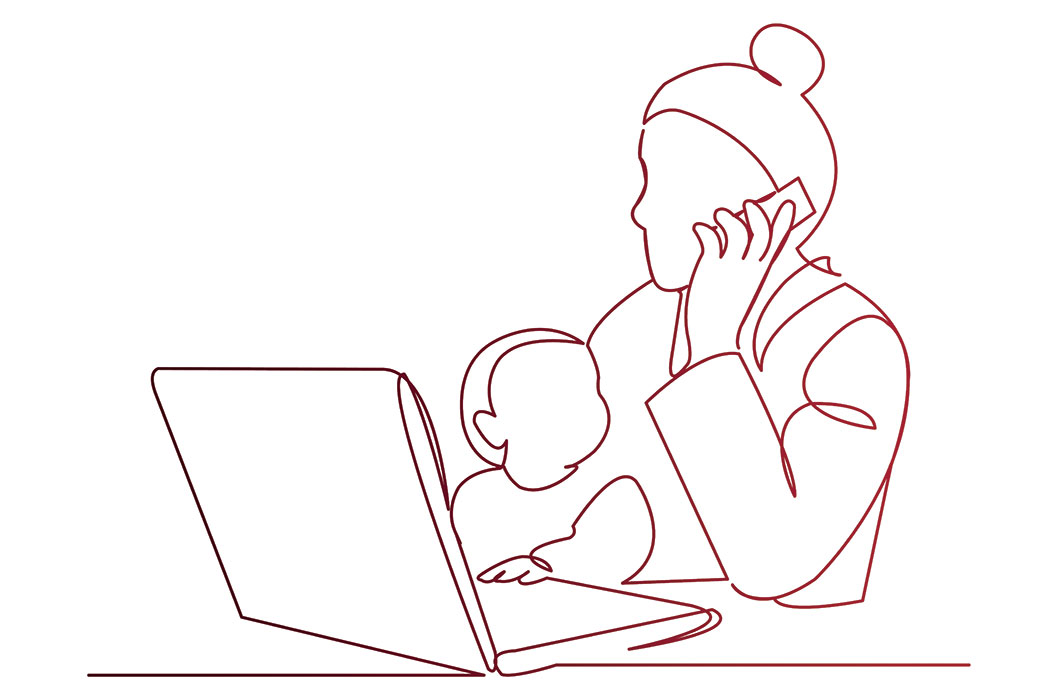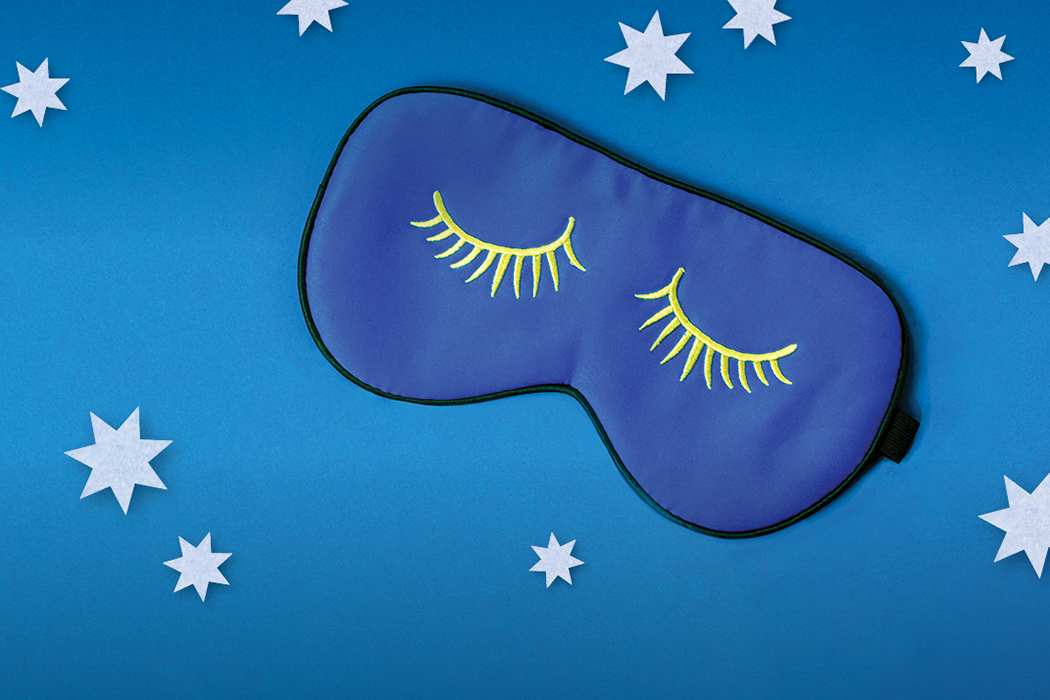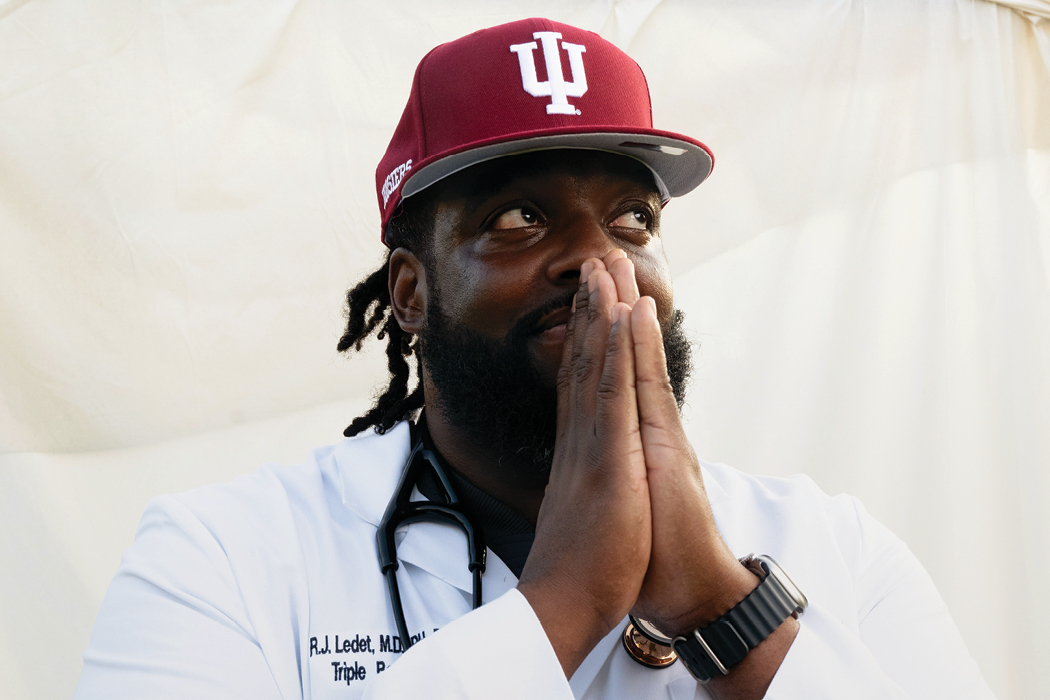Pandemic Parenting: COVID-Related Stress And American Family Dynamics

If you want to understand how the pandemic is affecting families in the United States, an old adage still applies: “Mother knows best.”
“Mothers are the key to family health,” said Amy Knopf, assistant professor in the IU School of Nursing at IUPUI. “[They] are the ones who make health decisions and who are most connected to health care providers.”
In April 2020, Knopf and co-Principal Investigator Jessica Calarco, associate professor of sociology at IU Bloomington, expanded their study of mothers in Southern Indiana into the Pandemic Parenting Study. The goal: to find out how families were coping with COVID-19 and develop public health strategies to help curb the virus based on these behaviors. IU graduate student Elizabeth M. Anderson and IU Clinical Associate Professor of Sociology Emily Meanwell served as co-authors on the study.
The Pandemic Parenting Study began with surveys of 139 mothers in Southern Indiana, including in-depth interviews with 65 of the subjects, and has since expanded in scope. While prior parenting research revealed that most parents would prefer more time with their children, and that “family time” was beneficial to parents’ well-being, the Pandemic Parenting Study found that “substantial, unanticipated increases in parenting time can, at least for some mothers, be detrimental to well-being.”
Let’s not pretend it’s fun
In their paper “Let’s Not Pretend It’s Fun: How COVID-19-Related School and Childcare Closures are Damaging Mothers’ Well-Being,” Calarco and team found that, among the mothers who greatly increased the amount of time they spent with their children during the pandemic:
- 80% are experiencing more stress
- 72% are experiencing more anxiety
- 56% are more frustrated with their kids
The Pandemic Parenting Study team has since produced a range of publications, authoring or contributing to pieces appearing in The Atlantic, The Washington Post, CNN, and The New York Times, to name a few.
Their research has revealed that the pandemic has “exacerbated longstanding sources of conflict (related to partners’ insufficient support with parenting) and created new sources of conflict (related to partners’ dismissals of mothers’ concerns about COVID-19), with serious implications for mothers, families, and public health.”
The antidote to pandemic-related parental stress
“Because of intensive work and parenting pressures, and because of a lack of adequate support from the government, their employers, or their partners, mothers who are working from home without childcare feel like failures—as both workers and mothers,” Calarco told Culture Study. “They also blame themselves for those failures.”
Calarco, Knopf, and team believe that sound public policy can play a large role in alleviating these pressures by: ensuring that families have more access to financial resources not tied to employment; making Temporary Assistance for Needy Families less restrictive; funding universal health care and child care; and extending unemployment relief.
This article was originally published in the 2021 issue of Imagine magazine.
Tags from the story
Written By
Ryan Millbern



